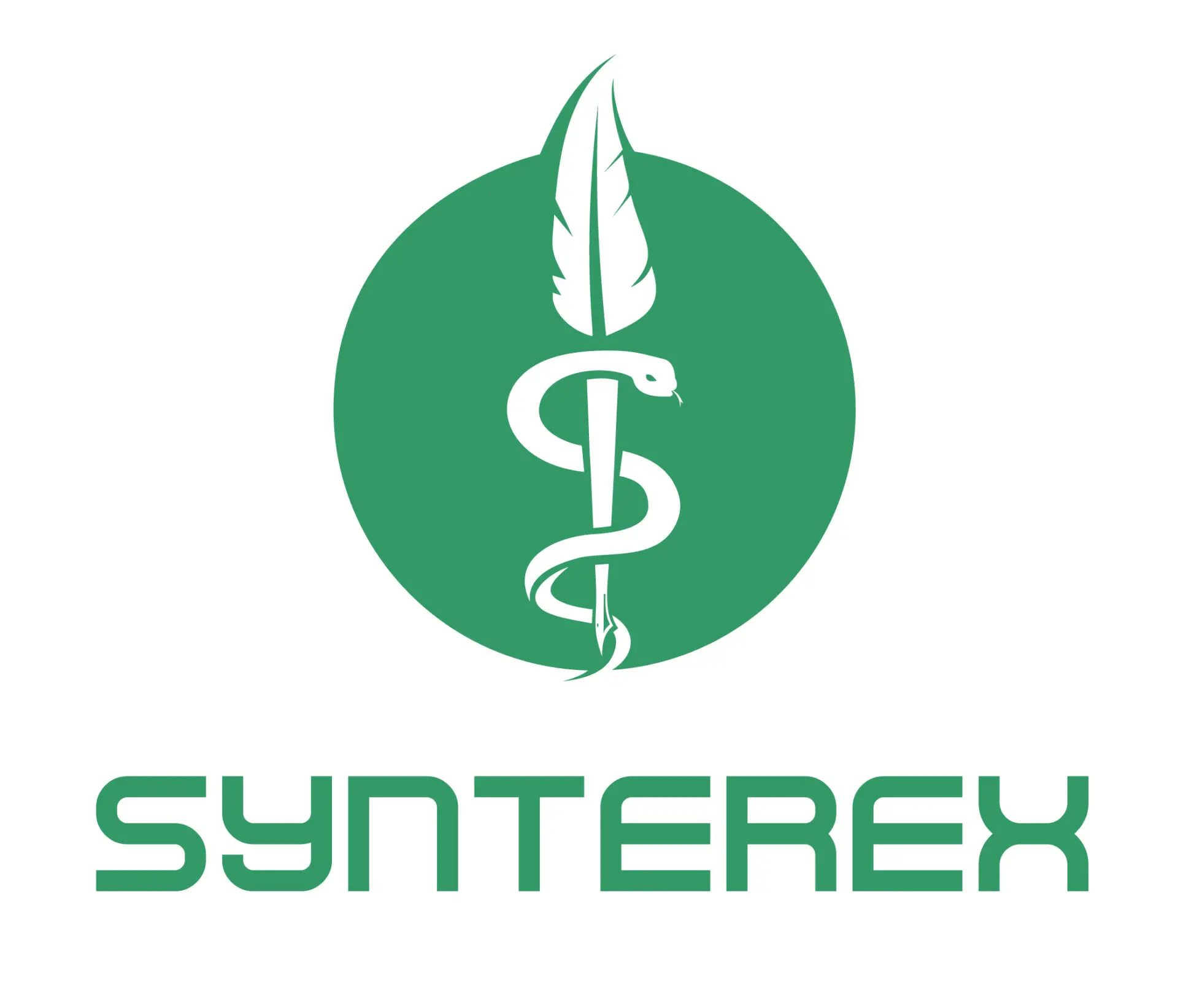Posts Tagged ‘medical writing’
Unlocking the Power of Zero-Shot and Few-Shot Learning in AI-Enabled Medical Writing
Artificial intelligence has transformed technology-enabled medical writing, making complex documentation tasks faster and more efficient. But one of the lesser-known capabilities driving this revolution is zero-shot and few-shot learning—techniques that allow AI models to interpret, categorize, and apply information with minimal or no prior examples. At Synterex, our AI-driven solution, AgileWriter, leverages these advanced learning…
Read MoreBridging Innovation and Compliance: Aligning Digital Transformation with the EU AI Act
Digital transformation in the biopharma industry isn’t just about adopting the latest technologies—it’s about fundamentally reimagining how clinical trials are designed, conducted, and analyzed. This shift involves integrating artificial intelligence (AI), cloud computing, and data analytics to streamline operations, accelerate drug development, and improve patient experiences. However, with the introduction of the European Union’s Artificial…
Read MoreThe Unfolding Cancer Crisis: Breaking the Rules of Mitosis and Rising Incidence
Cancer unfolds when mitosis, or the process of cell reproduction, decides to break all the rules and go rogue. Despite significant strides in scientific understanding and cancer treatment, including use of artificial intelligence (AI) to accelerate cancer immunotherapy research, recent updates from the American Cancer Society cast a shadow on our optimistic journey. While scientific…
Read MoreThe New Frontier of Lean Authoring: Human-Centered Design in Regulatory Writing
In the evolving landscape of regulatory writing, it has become clear that creating clear and compliant documents is no longer enough. Building off the principles of lean authoring, regulatory writers must now consider holistically the experience of those who will review the documents. This is where human-centered design (HCD) principles, traditionally used in product and…
Read MoreThe Crucial Role of Accessibility in Medical Writing Authoring Tools: Building Inclusivity from the Design Phase
In the race to bring software solutions to market, many software vendors face the challenge of balancing functionality, speed, and user experience. Often, accessibility can become an afterthought—not by intention, but due to the fast-paced nature of development. However, ensuring that authoring tools are accessible from the start offers immense benefits for all users, especially…
Read MoreThe Critical Role of Medical Writers in Pediatric Drug Development
Pediatric drug development is one of the most challenging areas of regulatory writing, where precision, guidance interpretation, and strategic planning are crucial to achieving regulatory success. Medical writers play a pivotal role in ensuring that regulatory submissions are clear, compliant, and robust enough to meet the unique needs of pediatric populations. In this blog, we’ll…
Read MoreNavigating Medication Jenga: The Challenge of Polypharmacy in Geriatric Patients
As we age, the complexity of our health often increases, leading to the management of multiple chronic conditions. This reality gives rise to a phenomenon known as polypharmacy, or the simultaneous use of multiple medications in a single patient. Polypharmacy is a significant concern, particularly among geriatric patients, where it is sometimes referred to more…
Read MoreInsulin: The Savior of Millions
According to the National Diabetes Statistics Report,1 5.7% of all United States (US) adults with type 1 diabetes rely on insulin for managing their condition. Additionally, approximately 12.3% of US adults starting using insulin within a year of their diabetes diagnosis. Insulin stands as a cornerstone in the treatment regimen, offering hope and vitality to…
Read MoreBug Busters: Creative Combat Against Drug-Resistant Infections
In the ever-evolving battle against infectious diseases, the rise of drug-resistant infections poses a significant challenge to global health. These resilient bugs have developed mechanisms to withstand conventional treatments, leaving scientists and healthcare professionals searching for innovative solutions. In this blog post, we will explore the world of bug busters—the creative strategies, and the minds…
Read MoreArtificial Intelligence (AI): Accelerating Cancer Immunotherapy
Artificial Intelligence (AI) is revolutionizing the field of cancer immunotherapy by accelerating the discovery, development, and delivery of innovative treatments. Here is a breakdown of its potential role: Drug Discovery: AI algorithms can analyze vast amounts of genomic, proteomic, and clinical data to identify potential drug targets and predict the efficacy of immunotherapies. By leveraging…
Read More